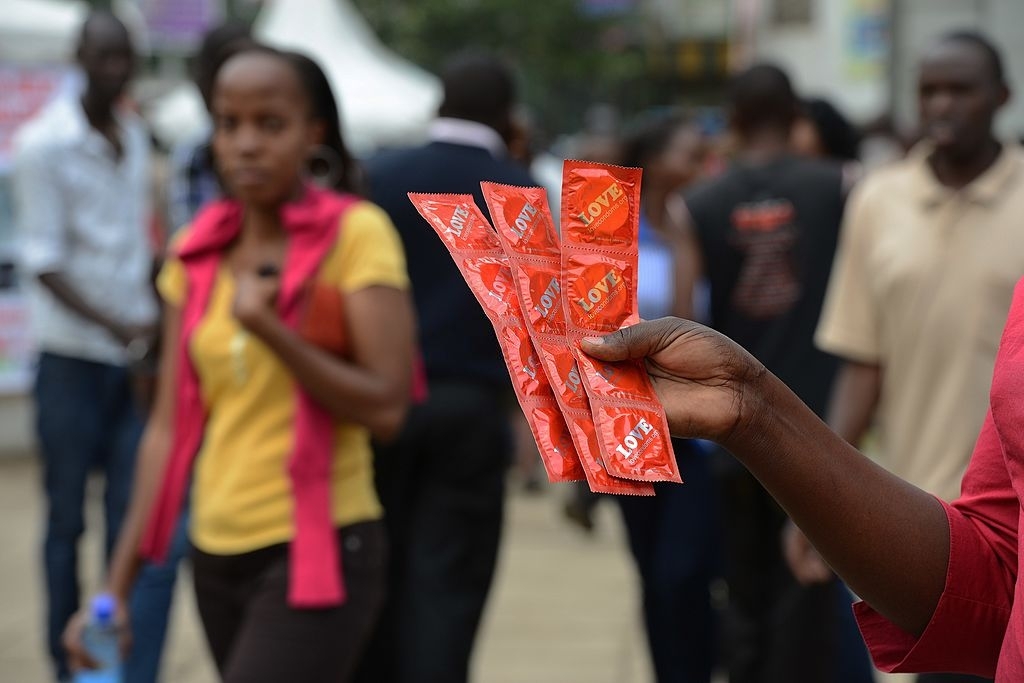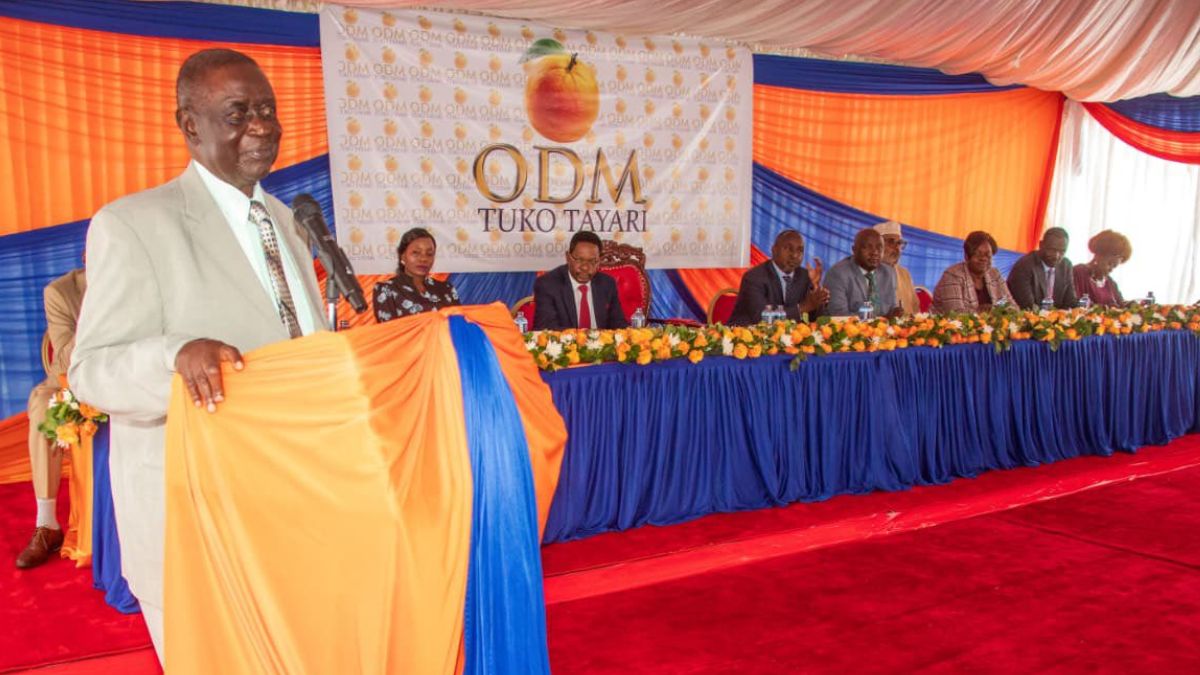Following the suspension of free condoms and ARVs in Kenya by the United States Agency for International Development (USAID), the country is facing risk of increased cases of unplanned pregnancies and sexually transmitted diseases such as HIV/AIDS.
According to Dr. Susan Gitau, a counselling psychologist, there could be a rise in the cases of unplanned pregnancies among the people who engage in sexual intercourse without protection, and this might lead to some of them procuring backstreet abortions, that may lead to death or health complications.
Dr. Susan added that many youths who depended on the free condoms are still engaging themselves in sexual activities ignoring the need of using protection citing the high cost of condoms that are available.
She urged the government to find alternatives to mitigate the challenge of condoms and also look for avenues to engage the youth such as developing their gifts, peer counselling to teach them about the dangers of having unprotected sex to help them shun social immorality.
Dr Susan at the same time called for the establishment of condom manufacturing plants to be able to keep up with the Country’s condom needs and address challenges that may be caused by supply shortages from concerned agencies.
She however, advised the youth to have self-control or to abstain from sexual activities until the right time, urging parents to counsel their children on matters of sexual health.
Some of the youth led by Triza Kamau and Michelle Ajanga said that life has become boring for them because they cannot enjoy themselves since they are afraid of contracting deadly diseases forcing them to abstain from sexual intercourse.
The youth also lamented the increased prices of condoms in shops urging the government to intervene and control the taxes on condoms, or else support local industries to produce enough condoms to make them available to all Kenyans.
They are now pleading with the government to find a way to make condoms and ARVs easily available to the public as they were before so as to reduce the high mortality rate that might arise from their unavailability.












